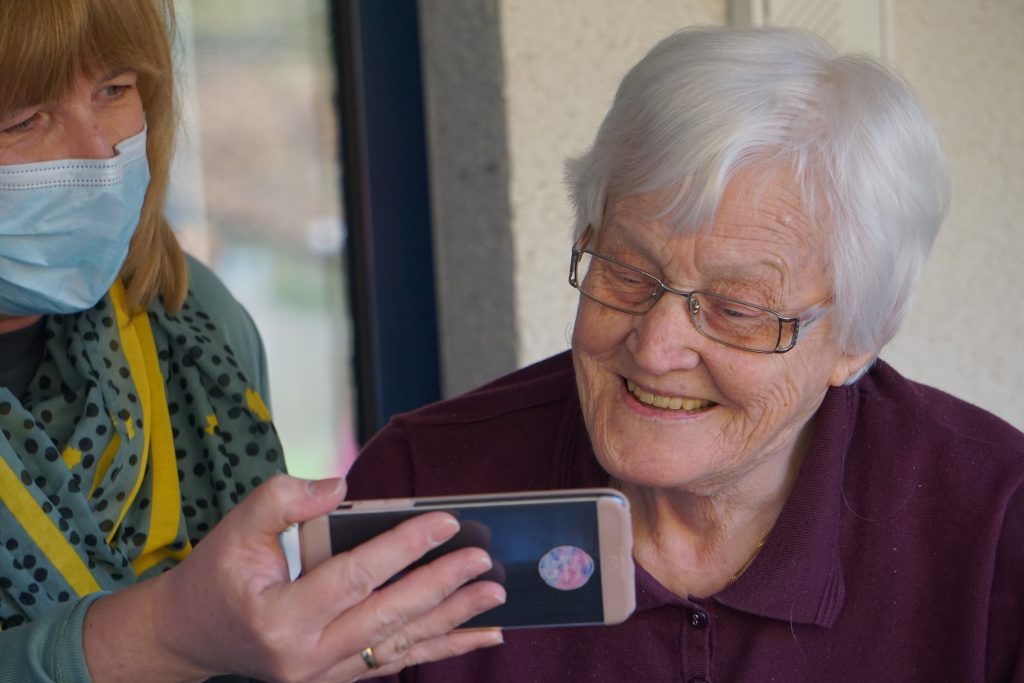
Respite Care
Many families take great joy in providing care to their loved ones so that they can remain at home. The physical and emotional impact on the family and caregiver can be overwhelming without having support in place and taking some time out to look after yourself.
Respite care enables carers or families to have a break from their caring role, allowing them to rest and recuperate. There are times when a carer may need urgent respite, due to an illness, carer stress or in unexpected circumstances.
Our respite care placement consultants can source urgent respite care, to ensure you are well cared for while your carer is not available to do so, giving you both comfort and peace of mind.
Life can be unpredictable at times, particularly when we least expect it, let our Placement Consultants help you to support you when you need it most.
Types of Respite Care
Residential Respite Care
Residential respite care provides short-term care on a planned or emergency basis for the elderly person in an aged care home.
In-home Respite Care
In-home respite involves having a formal carer come to your home to be with your loved one while you have a break for a short period of time. This allows the carer the opportunity to attend to everyday activities.


What is residential Respite Care
To access residential respite care, you will need approval from the Aged Care Assessment Service (ACAS). There are 2 types of respite approvals, low-level care and high-level care. This will be determined based on your clinical care needs and support plan.
If residential respite care has been granted, you will receive a referral code which is generally a 13-digit code and should be provided to you following the Aged Care Assessment. You will need this code to access residential respite care and provide this to the relevant home, which will help determine if they can accommodate your needs.
If you can’t find your residential respite referral code, you can ring My Aged Care on 1800 200 422 to request this code.
How does Respite Care work?
Respite can be arranged for a few hours at home whilst your carer has a break or short term for a few weeks in an aged care facility, allowing your carer a more extensive break.
There are also Day Respite Centres to enjoy activities and socialise with others around you. Depending on your circumstances and needs, our placement consultants can work with you to help determine the best type of respite care suitable for your needs. Respite care can have a positive benefit on both you and your carer.
It allows carers to have some time to themselves whilst having a short break and allows you to experience recreational activities, meet new people and have a change from your own routine.
In-home respite can be Government-funded or offered through private respite services to support you for a few hours in the comfort of your home. If you need a longer period of respite care, we can help to ensure you have the right Aged Care Assessment approvals to access residential respite care in an aged care home.
We can assist with emergency respite care in cases when your circumstances change unexpectedly or assist you with planned respite care as you prepare for the future.


How long can someone stay in Respite Care?
You can access up to 63 days of residential respite in any Government-funded Aged Care home per financial year. This is generally booked in blocks of 2 weeks at a time, if you require additional time, this can be discussed with the aged care home and is also based on availability. Residential respite care is not intended to be used for large blocks at once such as the full 63 days at a time.
We encourage you to plan respite care ahead of time to allow yourself adequate time to plan and prepare for the future. If you are faced with exceptional circumstances, please contact us to explore ways that we can assist you.
Understanding Respite Care
How we can help with respite care
Establish if you have the right approvals to access subsidised respite care
Assist with referring you to relevant services including My Aged Care
Assist with sourcing urgent respite for your loved one or helping you to arrange planned respite for the future.


